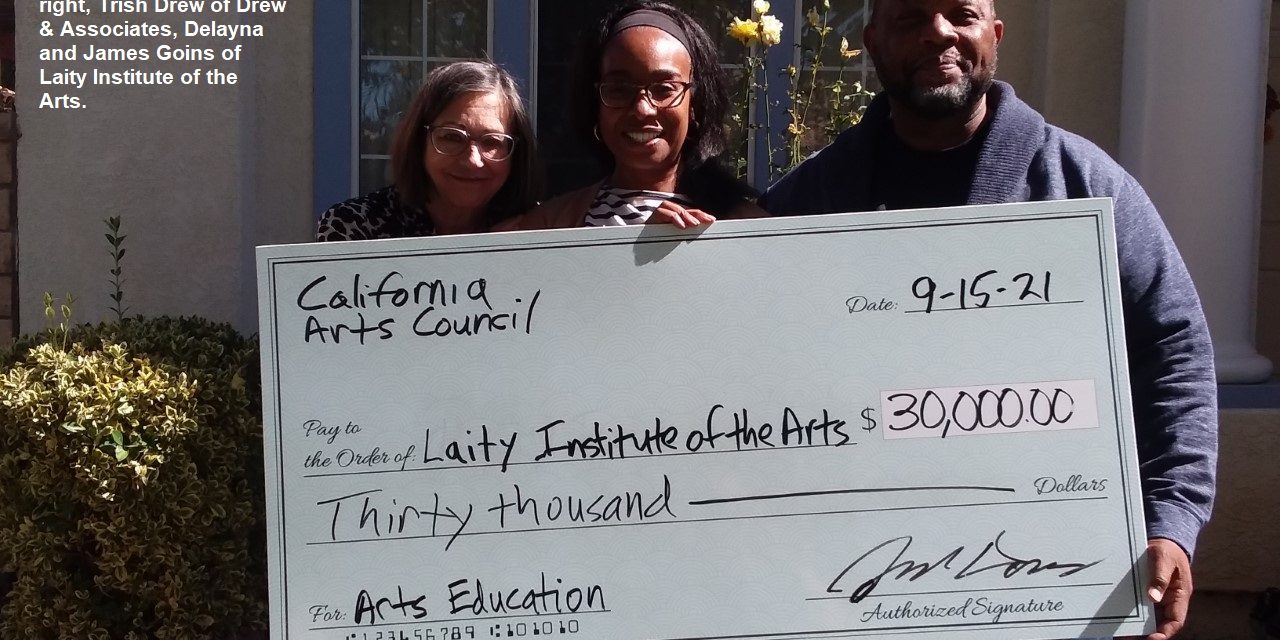One of the fastest ways to improve the excitement and urgency of your grant writing is to ask yourself what are the most heroic aspects of your charity’s work.
As a student of charismatic leadership, I was surprised by the extent to which great leaders of the past outperformed competing leaders simply by putting themselves into dangerous situations that others wisely avoided. George Washington, for example, was so involved in his military efforts that he frequently exposed himself to enemy fire and once had bullets shot through his coat. Today, we honor all those who risk their lives on our behalf including police officers and firefighters.
Although you are probably not riding a horse through a battlefield, there are still things you can do to call attention to the dangerous, exciting , and heroic aspects of your charity’s activities.

For example, you may be working in an organization that provides treatment and services for abused and neglected children. You might be surprised at the number of people on your staff who would be willing to die to protect a child from a kidnapper or a drug crazed parent. Even those working at a food bank may find themselves face-to-face with emotionally unstable and potentially dangerous clients who are suffering from paranoia and exhibit uncontrolled hostility.
The dangers faced by charity workers are perhaps the most pressing for those working in foreign lands where they are exposed to alien cultures, hostile populations, and warlike conditions and where violence and lawlessness are often the norm. There is nothing wrong with a frank explanation of the dangers and the methods that you and your charity use to mitigate them.
My point is that your organization is already making heroic efforts even though these efforts may seem ordinary to you. I know when I talk to clients I am often startled by the dangerous situations they put themselves in and the efforts they make to overcome their fears and continue rendering service to their cause and their clients.
This is also why it is often helpful to have someone else sign the letter of inquiry sent in by your charity. It is much easier to emphasize the heroic aspects of the work if someone else writes on your behalf. Nevertheless, it helps to emphasize the danger yourself. You can always do this in an elegant manner by emphasizing that everyone one on your team is doing similarly heroic work or that, in your case, you simply found yourself doing something incredibly stupid. (I have heard fighter pilots make light of their most heroic moments in this off-hand, self-deprecating manner.)
Ideally, it is best to portray the most heroic aspects of your service in a non chalant manner which emphasizes the level-headedness of your actions in a dangerous situation. You want to make it appear that you entered into a dangerous situation and handled it calmly and effectively even though the reality of your experience might have been more unnervingly complex.
Remember, when we write grants, we are competing with television and movies for the reader’s attention. Our grants, at the very least, should be equally compelling to view. It might help, of course, to learn how to do stunts in a helicopter.


